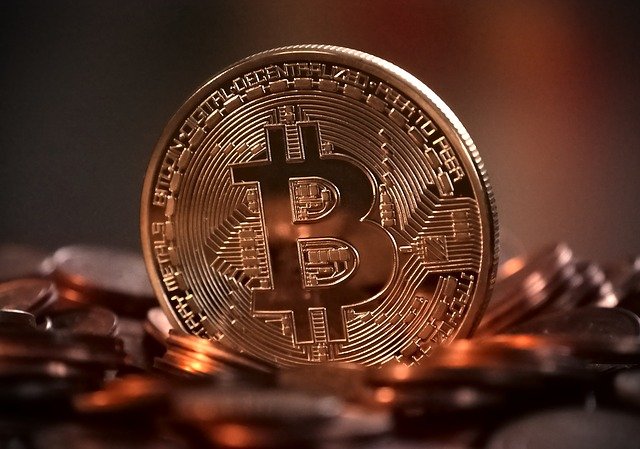Cryptocurrency is the latest lure used by scammers to steal your money and it is a growing problem. Crypto crime is said to have cost consumers throughout the world $14 billion in 2021. That’s up from $7.8 billion in 2020, according to Chainanalysis.com. In the U.S. 7,000 consumers lost more than $80 million in crypto scam investments between October 2020 and May 2021, says the Federal Trade Commission (FTC). Now the FTC warns about a new crypto scam that gets you to withdraw money the traditional way, and use a QR code to deposit it in a cryptocurrency ATM.
But before we get to the details, it’s important to note that many of the victims are younger Americans. People ages 20-49 were more than five times more likely than other age groups to report losing money on cryptocurrency, the FTC found. And those in their 20s and 30s have lost more money on crypto investment scams than on other frauds.
The latest FTC alert involves crypto scams that use one or more of several standard play methods employed for decades to bilk people out of money. One may involve a romance scheme where someone contacts you via social media or a dating site. A Montreal man told a Canadian TV station he lost $400,000 to a woman who said she was originally from China, had bad English, and would only communicate with him online. She got him to put money into Bitcoin mining and he was never able to recover his money.
The FTC has also seen an increase in crypto telephone scams. A scammer calls your cell and says you have won a lottery or a prize and need to deposit money to claim it. Or they might say they are from a government agency or a utility and they have a new way for you to pay a bill with cryptocurrency. If you seem to believe them and continue the conversation, they’ll stay on the call and give you instructions.
They’ll ask you withdraw money from a bank account. Then they will send you a QR code with their address embedded. And because they are ever so helpful, they will guide you to a store with a cryptocurrency ATM. They’ll ask you to buy cryptocurrency with your money and scan the QR code. The money gets transferred to address on the code and it is gone.
The Bottom Line
If someone says you have to pay by cryptocurrency, wire transfer or a gift card, consider it a scam. You will not get your money back.
The FTC wants to hear from you if you have been contacted by a scammer. Go to ReportFraud.ftc.gov



